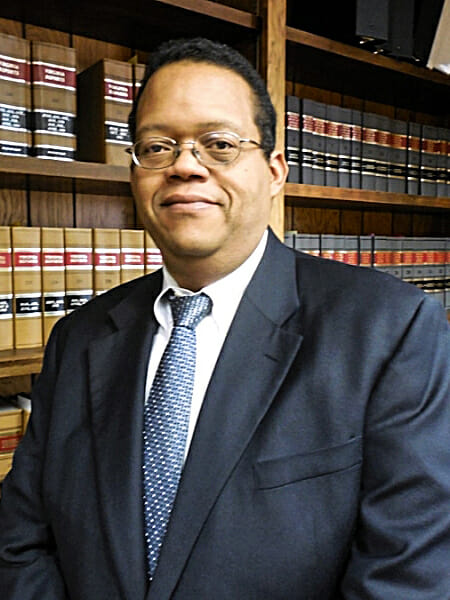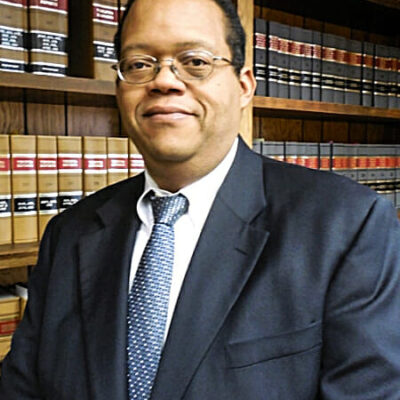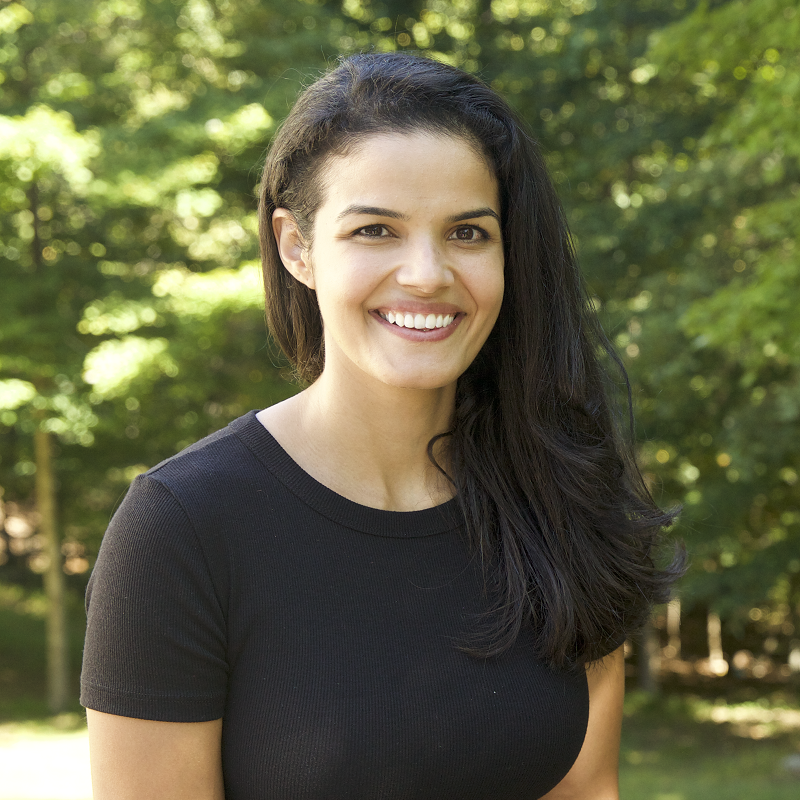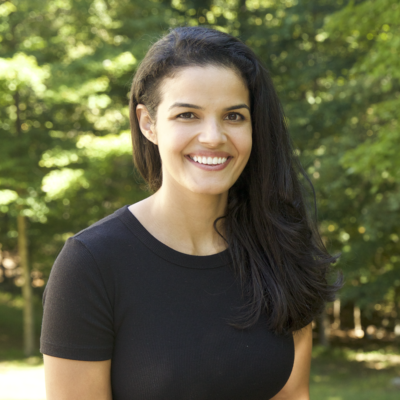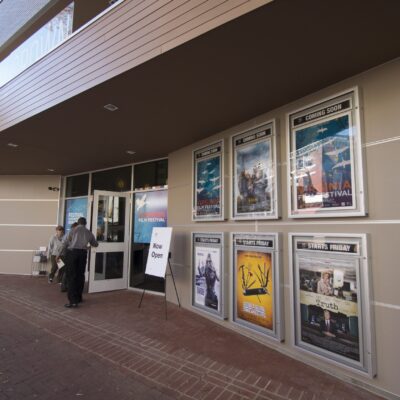What does “mixed use” mean, anyway? The definition of that term, so often invoked in planning discussions, lies at the root of a civil suit percolating in the Charlottesville Circuit Court between the City and developers in the Fifeville neighborhood.
Estes Street Partners LLC, led by Richard G. Carter, has filed suit, asking the court to overturn an August decision made by the City Planning Commission (www.charlottesville.org) to deny a site plan for their project, arguing that the commission “acted arbitrarily and capriciously.”

Does 2% make it"mixed"? That’s how much commercial space Estes Street developers tried to bring to this Fifeville site, and they’ve filed suit now to get their way.
|
The project would tear down several dilapidated buildings at 850 Estes St. and replace them with 29 dwelling units and 835 square feet of commercial space—making the project a scant 1.9 percent commercial. That ratio is hardly what the City had in mind when it created a Cherry Avenue Mixed Use Corridor in 2003 to revitalize the city and bring more life to the street level. Most mixed-use areas of the city specify that 25 percent must be commercial. But the Cherry Avenue Corridor doesn’t specify a percentage, and so City staff recommended the Planning Commission approve the Estes project as it fit the letter—if not the spirit—of the zoning. (The City is working to close the Cherry Avenue loophole.)
The brief filed with the court quotes Commissioner Cheri Lewis as saying during the August 8 meeting, “I do not believe that 1.89 percent constitutes mixed use.” The developers counter: “The Planning Commission may not arbitrarily announce a new standard based upon their own opinion, when the Charlottesville City Code sets forth none.”
Even though the developers argue that the project is mixed use, they originally proposed a 30-unit project with no commercial space at all—the 835 square feet of commercial space now in their plan only appeared after the City effectively snuffed out that idea. “We didn’t want
to put a commercial piece in,” Carter told C-VILLE in August.
City Attorney S. Craig Brown has responded with his own brief, denying that the commission acted capriciously and requesting that the case be dismissed “with prejudice,” awarding costs to the City. Brown also denies “that the selective comments of one Planning Commission member…have any relevance to the action taken by the Commission.”
On behalf of Estes Street Partners, attorney Tara Boyd had no comment. Brown would not comment on the merits of the case.
